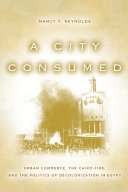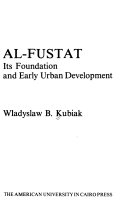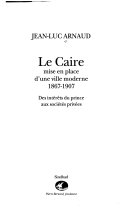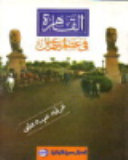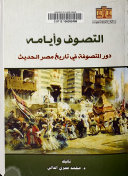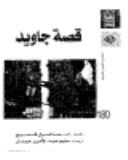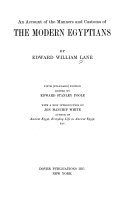Spatial Relations Of Informal Practices In Cairo Streetscape
Elisa Ravazzoli, Stefania Toso.

Overview
The re-appropriation of public space by Cairo residents after the Egyptian Revolution in 2011 offers an opportunity to re-think the role of public space and its informal dimension as a space of belonging and contestation. Most of the scholarly works on urban informality focus on the lack of regulations in urban planning, on informal settlements or informal economy; this article discusses informality in the way it affects people daily life through forms of informal practices. By studying the spatial nature of daily informal practices, investigating how they interact with the physical form of the street and examining the complex relations between formal and informal, this paper suggests looking at informality from the perspective of people’s everyday life. In attempting so, the work shows the importance of informal practices for the city functioning: they are not only a vital element for Cairo streetscape’s vivacity, but a system of sustainable living for many communities. Moreover, in explaining that it argues that formality and informality no longer exist as opposite categories in two separate territories but instead they are involved in the same process of space production, which creates both spaces of dialogue and negotiation and spaces of conflict and contestation.


